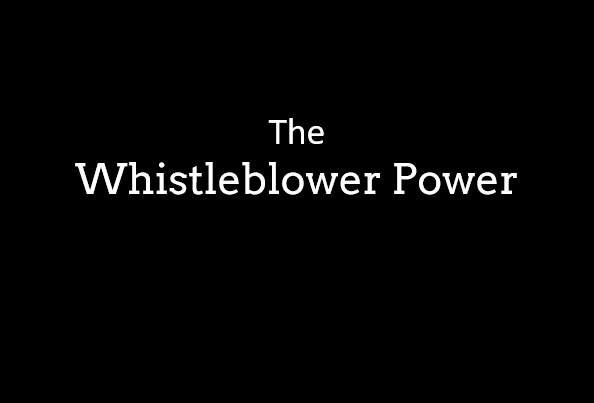A whistleblower is an individual who exposes wrongdoing, illegal activities, or unethical behavior within an organization, typically a company or a government agency. They do so by disclosing information to the public, the media, or relevant authorities. Whistleblowers often have access to insider information that reveals fraudulent practices, corruption, safety violations, environmental hazards, or other forms of misconduct.
Etymology: The term “whistleblower” has its origins in the practice of referees or officials blowing a whistle to signal a foul or violation during sports games. It was first used in the context of exposing wrongdoing in the 1960s. In 1971, Ralph Nader’s organization, the Center for the Study of Responsive Law, held a news conference announcing the formation of the “Whistleblower’s Information Bureau.” This event is often considered a significant milestone in popularizing the term.
Whistleblowers play a crucial role in society for several reasons:
- Accountability and Transparency: Whistleblowers act as a check on power and hold individuals or organizations accountable for their actions. By revealing hidden information, they shine a light on misconduct that would otherwise go unnoticed or ignored. This helps ensure transparency and integrity within institutions.
- Exposing Corruption: Whistleblowers have played a significant role in uncovering corruption at various levels, including government, corporations, and non-profit organizations. Their actions can help uncover financial fraud, bribery, embezzlement, or other forms of corruption that harm the public interest. By exposing such practices, they contribute to a more fair and just society.
- Protecting the Public Interest: Whistleblowers often bring attention to activities that pose risks to public health, safety, or the environment. For example, they might disclose safety violations in the workplace, environmental pollution, or product defects that can endanger consumers. Their actions help safeguard the well-being and rights of the public.
- Encouraging Ethical Behavior: The presence of whistleblower protections encourages individuals within organizations to act ethically. Knowing that there are legal protections and support systems in place, employees are more likely to come forward and report misconduct, knowing that their actions can lead to positive change and justice.
- Legal and Regulatory Improvements: Whistleblower disclosures can trigger investigations and legal actions, leading to improved laws and regulations. The information provided by whistleblowers can prompt reforms, policy changes, or tighter regulations that prevent future misconduct and protect individuals’ rights.
To ensure that whistleblowers are protected and supported, many countries have enacted laws that provide legal safeguards and incentives. These laws aim to prevent retaliation against whistleblowers, such as termination or harassment, and may offer financial rewards or legal remedies for those who suffer adverse consequences for speaking out.
In summary, whistleblowers are crucial for a functioning society as they help expose wrongdoing, promote accountability, protect the public interest, and contribute to the improvement of laws and regulations. Their actions contribute to a more transparent, just, and ethical society.
